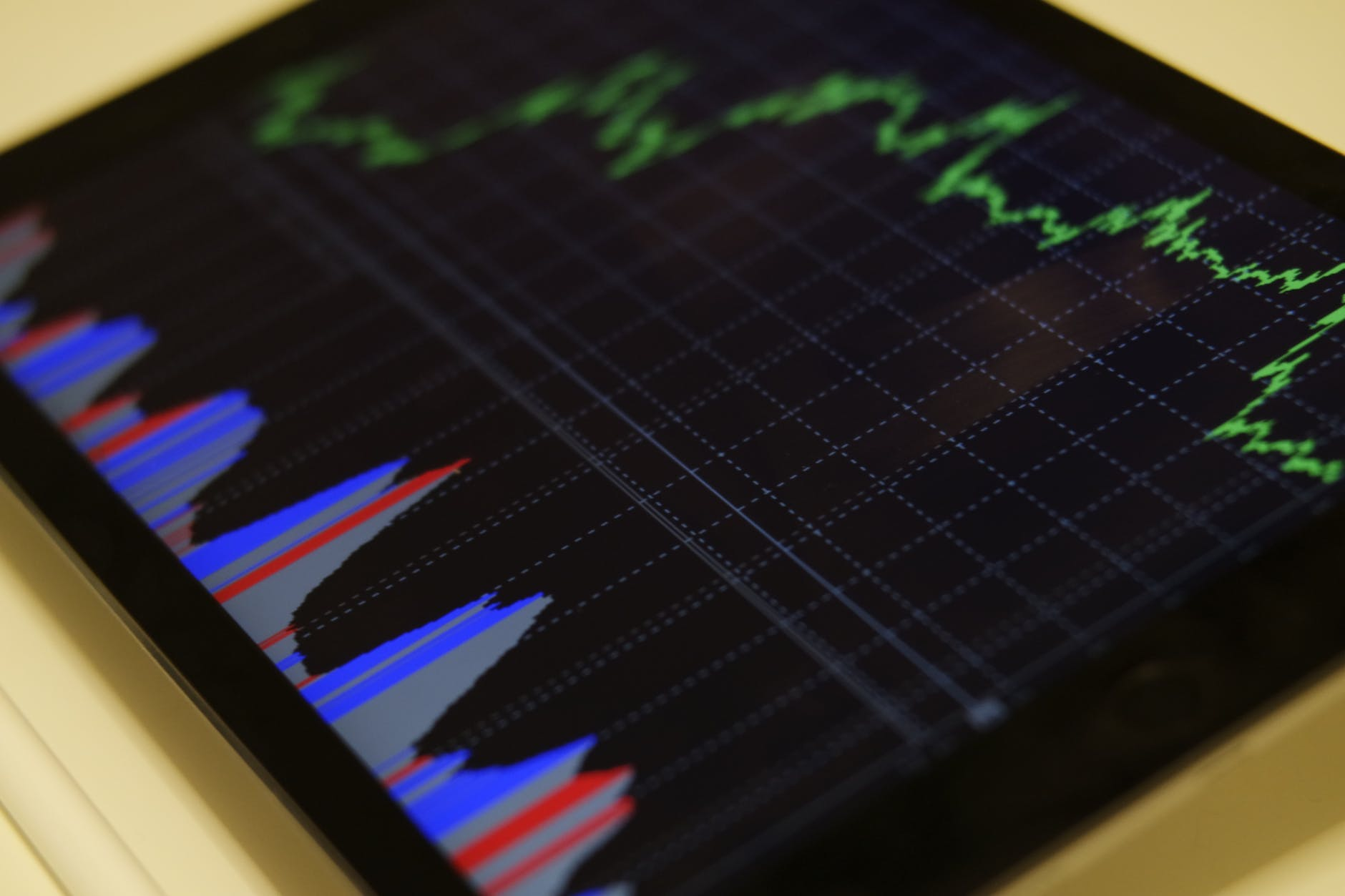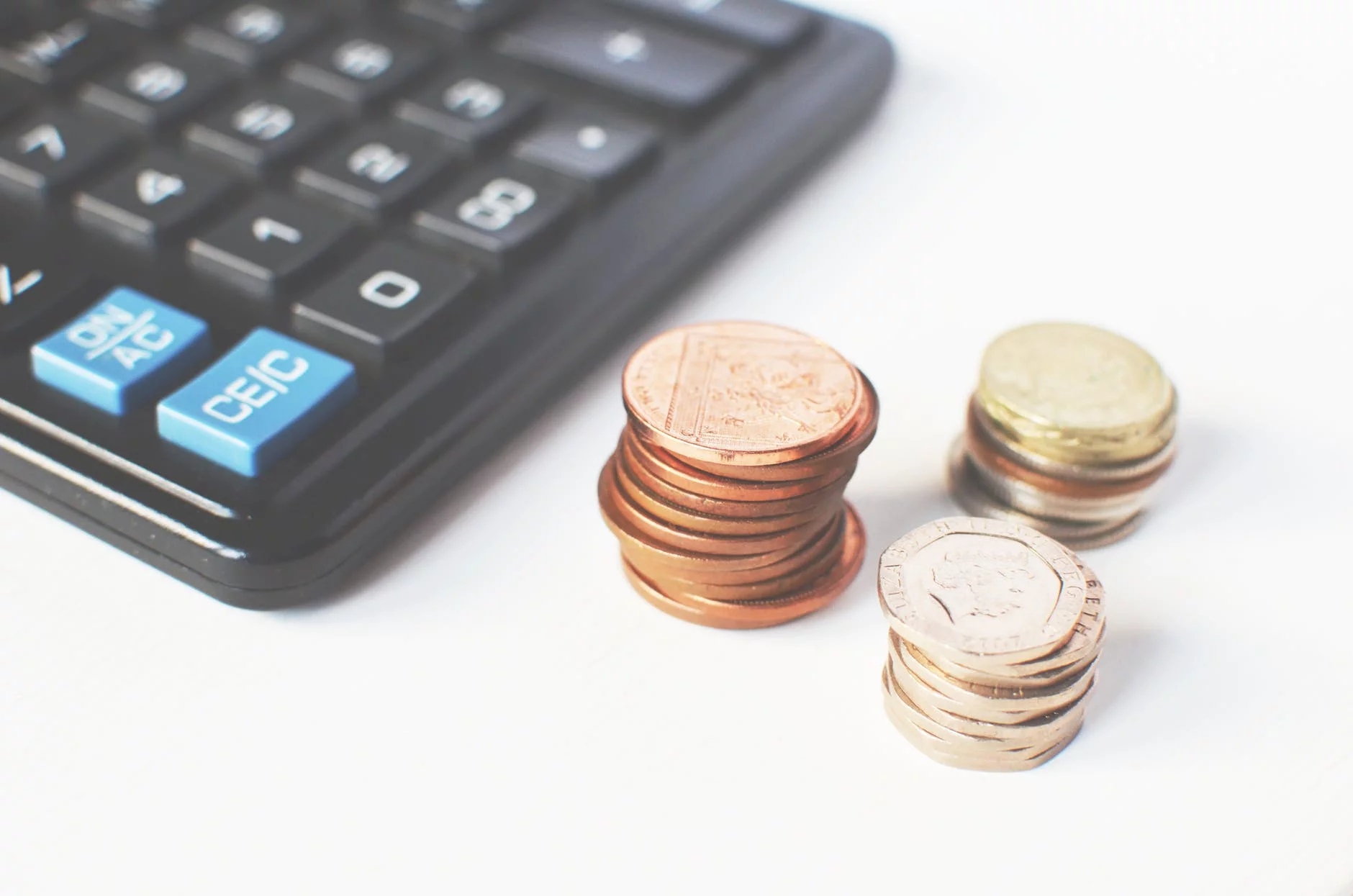
For someone just getting started in the trading world, it can get a little overwhelming when it comes to the effort being done in communicating with others in the market. Sometimes it can be difficult to keep up with everything, including the different names and terminologies. It takes a while for every new trader to get used to it; a little more assistance can mean a lot to you if you’re a trader. So, we’ve listed some of the most important ones for you.
FX
This is short for Forex, which is the foreign exchange market for a lot of currencies. People and institutes can trade them, and it’s usually done in pairs. You can learn more here about how 5.3 billion dollars are estimated to be traded daily between investors, banks, governments, and corporations. The value of each currency fluctuates randomly depending on the economy, so don’t get too shocked when a specific currency goes down suddenly.
PIP
This is known as the smallest change to the price of an exchange rate; keep in mind that most currency pairs get priced to 4 decimals. So, the PIP, or the smallest change, usually happens to the last decimal point. People and traders calculate the value of it by multiplying one PIP by a specific lot, which is 100 thousand units for a standard one or 10 thousand units for a mini lot. For US dollar pairs, it’s estimated to be 0.0001. Remember to ask your broker for the different PIP values.
Cross Rate
Some traders call it the cross currency pair and it’s basically the currencies traded in the forex market but it does not use US dollars during the trades. So, it’s one foreign currency traded for other foreign currencies and they’re not the main or standard currencies in the country that mentioned or quoted them. For example, there might be an article in a financial magazine or newspaper about the exchange rate between the Swiss franc and the British pound; this was quoted in an American publication but it doesn’t include the US dollar in the exchange rate.
Leverage
Each trader has an account in a specific position, but most people can change their account’s position to something bigger than their total account margin; this is a big step because increasing an account’s leverage will increase the losses as much as the gains. For example, someone that has $2,000 in their account as their margin, then they can leverage their account by 100 times by opening a $200,000 position. It seems like an attractive choice, but it’s too risky for most traders in the world.
Bid Price
This is the price of buying a specific currency that you have; it’s usually done by the broker you hired or by the market itself. So, when they’re interested, you can sell the base currencies you have at the bid price.
Ask Price

It’s the opposite of a bid price; the market or your broker is trying to sell currencies to you at the ask price. Depending on the situation, you could buy one or two types of money from your broker at this ask price.
Spread
This is what traders can calculate to know the difference between selling quotes and buying quotes. For example, you might have a quote that reads 15000/07; the spread is calculated by knowing the difference between 15000 and 15007. Traders who want to break even on their trades need to position their trade direction to be equal to the spread; losses can be minimized this way.
Short Selling
This is one of the strategies that most traders use when they’re doing business in the forex market. Consider it as a speculation on the change of a currency’s value that may or may not happen. It’s used as a method against the risks of currencies that fluctuate downwards, making speculation/short selling an advanced method for trading that only veteran traders should undertake. This is because of the high risk involved in the method, but what traders are attracted to is the high reward that can be theirs if they’re lucky.
This type of trading can be very lucrative if you do it right, but your success is based on how knowledgeable you are about the markets and how smart you are with your strategies. It might take some time to get used to it all, but you will see yourself trading and making some big progress in the trading game in no time. Just remember to learn all the basic terms and be smart with your trades.








